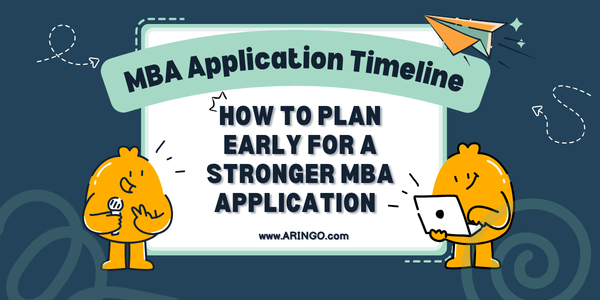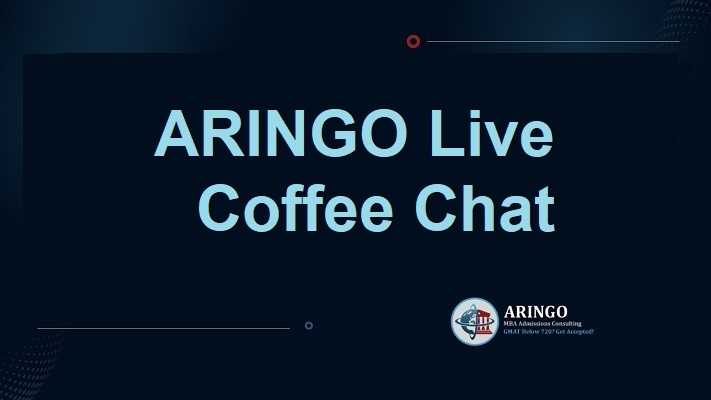The Bloomberg MBA Rankings 2025-26 are out, and once again, they are creating buzz among applicants targeting the Top Business Schools. From Wharton Business School climbing dramatically, to Columbia Business School making a comeback, these results carry weight for anyone preparing their MBA essays, recommendations (LORs), or planning their admission strategy for Round 1 and Round 2.
Rankings are not the only factor in choosing a program, but they influence perceptions of ROI, employment outcomes, and prestige. Below, we break down the updated Bloomberg list of Top 20 MBA programs, highlight top gainers and losers, and explain how this ranking compares with other publications like the Financial Times (FT ranking) and U.S. News.
Bloomberg 2025-26 MBA Ranking (U.S. Top 20)
| Rank | Business School | 2024-25 Rank | Change |
| 1 | Stanford Graduate School of Business | 1 | – |
| 2 | The Wharton School, University of Pennsylvania | 7 | ▲5 |
| 3 | UC Berkeley Haas School of Business | 14 | ▲11 |
| 4 | Harvard Business School (HBS) | 6 | ▲2 |
| 5 | Northwestern University Kellogg School of Management | 3 | ▼2 |
| 6 | Dartmouth Tuck School of Business | 4 | ▼2 |
| 7 | University of Chicago Booth School of Business | 2 | ▼5 |
| 8 | Cornell SC Johnson Graduate School of Management | 11 | ▲3 |
| 9 | Columbia Business School | 17 | ▲8 |
| 10 | University of Virginia Darden School of Business | 5 | ▼5 |
| 11 | MIT Sloan School of Management | 13 | ▲2 |
| 12 | NYU Stern School of Business | 9 | ▼3 |
| 13 | Duke University Fuqua School of Business | 15 | ▲2 |
| 14 | University of Michigan Ross School of Business | 10 | ▼4 |
| 15 | Carnegie Mellon Tepper School of Business | 16 | ▲1 |
| 16 | Emory University Goizueta Business School | 20 | ▲4 |
| 17 | Yale School of Management | 8 | ▼9 |
| 18 | University of Washington Foster School of Business | 12 | ▼6 |
| 19 | UCLA Anderson School of Management | 19 | – |
| 20 | USC Marshall School of Business | 18 | ▼2 |
Big Winners:
- Wharton MBA jumped from #7 to #2, helped by strong employment and compensation outcomes. Applicants can expect Wharton Admissions to leverage this momentum in their marketing. Understanding the Wharton Class profile (including the Wharton GMAT score) will be critical for applicants this year.
- UC Berkeley Haas saw the steepest climb, up 11 places, signaling rising employer demand and student satisfaction.
- Columbia Business School rebounded from #17 to #9. Its average GMAT score and Columbia acceptance rate remain highly competitive, but the school’s New York location and strong alumni network continue to attract applicants.
- Emory Goizueta gained four spots (now #16), reflecting improved outcomes and student satisfaction.
Notable Declines:
- Chicago Booth MBA dropped from #2 to #7 despite strong academics.
- Kellogg MBA slipped two spots, but still sits comfortably in the M7 MBA Recent Kellogg news suggests the program continues innovating, especially in experiential learning.
- Yale SOM experienced the biggest fall, sliding from #8 to #17.
- Darden and Ross MBA also fell, signaling increased competition among M7 schools and beyond.
Steady Performers:
- Stanford GSB continues its reign at #1, reinforcing the power of its brand, its Stanford essay focus on personal values, and its Silicon Valley connections.
- Harvard MBA improved to #4, and applicants will continue to prepare diligently for the HBS interview and HBS Round deadlines.
- UCLA Anderson stayed steady at #19, consistently attractive for West Coast opportunities.
Bloomberg’s methodology balances compensation, networking, learning, entrepreneurship, and inclusion. Compared with the FT ranking, the Top 20 he Bloomberg results are broadly aligned but highlight sharper year-on-year shifts (e.g., Wharton, Haas, Columbia).
- Rankings matter, but they shift annually—so don’t let one year’s list dominate your school choices.
- Fit, program culture, scholarship and financial aid opportunities, and career alignment matter more than one year’s list.
- Tools like ARINGO’s MBA chances calculator, GPA converter, or exploring GMAT vs GRE help you assess fit beyond numbers like average GMAT score or acceptance rate.
FAQs: MBA Rankings and Application Strategy
- How much do Bloomberg MBA rankings matter when choosing schools?
Rankings help compare Top MBA programs, but you should also evaluate career goals, location, alumni support, and your acceptance rate chances. - Should I apply in Round 1 or Round 2?
Round 1 gives more seats and better scholarship opportunities, while Round 2 remains competitive. Apply where your MBA essays, LORs, and test scores are strongest. - What GMAT or GRE score do I need for schools like HBS, Stanford, or Wharton?
Each school has an average GMAT score range (e.g., Harvard average GMAT, Columbia average GMAT). Many schools accept both tests, so choose based on your strengths. - How important are essays and recommendations?
Very. A polished essay, strong recommendation, and alignment with school values often outweigh minor weaknesses in GPA or test scores. - What tips help in interviews like Sloan or HBS?
Research is key. For example, ARINGO offers Sloan interview tips and HBS interview prep. Be authentic, concise, and highlight leadership impact.
With the Bloomberg MBA Rankings 2025-26 shaking up the Top 20, applicants should stay flexible, prepare thoroughly, and look beyond rankings to build a school list aligned with their unique profile.
Contact ARINGO MBA Admissions Consulting today for a free profile evaluation to understand your chances in the Top Business Schools.





